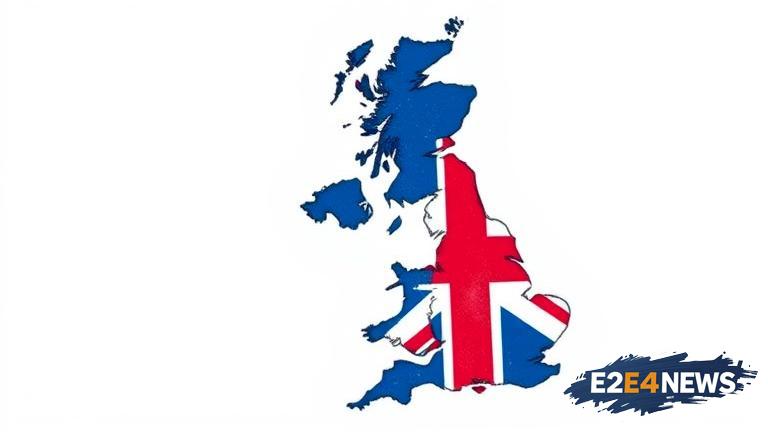The United Kingdom, a country long regarded as a bastion of free speech and democratic values, is currently grappling with a crisis of expression. Recent events have raised concerns about the limits of freedom of speech, with many arguing that the UK is witnessing a disturbing trend of suppression. At the heart of the issue is the police handling of protests, particularly those related to the Israeli-Palestinian conflict. Critics argue that the police are overstepping their bounds, targeting individuals who express pro-Palestinian views and stifling legitimate dissent. The situation has sparked a national debate about the role of law enforcement in regulating public discourse and the impact on democracy. Proponents of free speech argue that the UK’s tradition of open expression is under threat, with the police and other authorities seeking to curb dissenting voices. The issue has also raised questions about the influence of external factors, such as foreign governments and lobbying groups, on the UK’s democratic processes. Furthermore, the rise of social media has created new challenges for regulating online expression, with many arguing that the UK’s laws are inadequate for dealing with the complexities of digital discourse. The UK government has faced criticism for its handling of the situation, with some arguing that it has failed to adequately protect freedom of speech. In response, the government has argued that it is committed to upholding democratic values, but must also balance this with the need to maintain public order and prevent harm. The issue has also sparked a wider debate about the state of democracy in the UK, with many arguing that the country is facing a crisis of confidence in its institutions. The role of the media has also come under scrutiny, with some arguing that it has failed to adequately report on the issue and provide a platform for diverse voices. Despite the challenges, many remain optimistic about the UK’s ability to navigate this crisis and emerge stronger. The country has a long tradition of democratic values and a strong civil society, which will be crucial in shaping the debate and finding a way forward. Ultimately, the UK’s freedom of speech crisis is a complex issue that requires a nuanced and multifaceted approach. It will require careful consideration of the competing interests and values at stake, as well as a commitment to upholding the principles of democracy. The UK government, law enforcement, and civil society must work together to find a solution that balances the need for public order with the need to protect freedom of speech. This will involve developing new strategies for regulating online expression, improving police training and protocols, and promoting greater transparency and accountability. It will also require a renewed commitment to democratic values and a willingness to listen to and engage with diverse perspectives. By working together, the UK can overcome this crisis and emerge as a stronger, more resilient democracy. The international community will be watching closely, as the UK’s response to this crisis will have implications for democratic values around the world. The UK’s freedom of speech crisis is a reminder that democracy is a fragile and ongoing process, requiring constant vigilance and effort to maintain. It is a challenge that the UK must rise to, in order to ensure that its democratic institutions remain strong and vibrant. The future of democracy in the UK depends on it. The UK’s handling of this crisis will have far-reaching consequences, not just for its own citizens, but for the global community. It is a test of the UK’s commitment to democratic values and its ability to navigate complex challenges. The world will be watching to see how the UK responds to this crisis, and whether it will emerge as a beacon of democracy and free speech.





